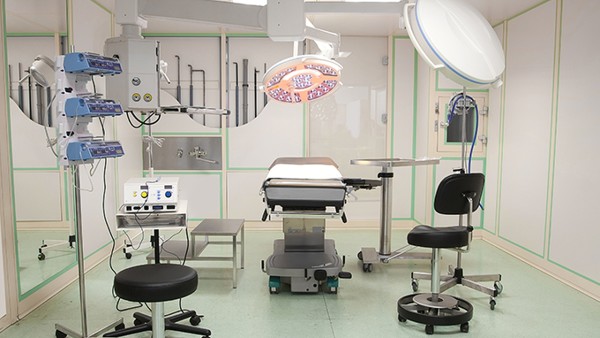DNA is an Important Factor Affecting Pregnancy

DNA is an important factor affecting pregnancy. It is the genetic material that is passed down from parents to children, and it contains the instructions for all of the body's functions. DNA is responsible for determining a baby's sex, physical characteristics, and health.
How DNA Affects Pregnancy
DNA affects pregnancy in a number of ways. First, it determines the sex of the baby. This is because the father's sperm carries a sex chromosome, which can be either X or Y. If the sperm carries an X chromosome, the baby will be female. If the sperm carries a Y chromosome, the baby will be male.
Second, DNA affects the baby's physical characteristics. This includes the baby's hair color, eye color, skin color, and height. DNA also affects the baby's health. Some genes can increase the risk of developing certain diseases, such as heart disease, cancer, and diabetes.
DNA Testing in Pregnancy
DNA testing can be used to determine the sex of the baby and to screen for genetic disorders. Sex determination can be done as early as 10 weeks into pregnancy. Genetic screening can be done as early as 12 weeks into pregnancy.
There are two main types of DNA tests that can be used in pregnancy:
Chorionic villus sampling (CVS): This test is done by taking a sample of cells from the placenta. CVS can be done as early as 10 weeks into pregnancy.
Amniocentesis: This test is done by taking a sample of amniotic fluid from the amniotic sac. Amniocentesis can be done as early as 15 weeks into pregnancy.
Both CVS and amniocentesis can be used to determine the sex of the baby and to screen for genetic disorders. However, CVS is more likely to cause miscarriage than amniocentesis.
Benefits of DNA Testing in Pregnancy
DNA testing in pregnancy can provide valuable information about the baby's sex and health. This information can help parents to make informed decisions about their pregnancy and the future of their child.
Risks of DNA Testing in Pregnancy
DNA testing in pregnancy is not without risks. CVS and amniocentesis can both cause miscarriage. The risk of miscarriage is about 1% for CVS and 0.5% for amniocentesis.
DNA is an important factor affecting pregnancy. It is responsible for determining the baby's sex, physical characteristics, and health. DNA testing can be used to determine the sex of the baby and to screen for genetic disorders. DNA testing can provide valuable information about the baby's health, but it is important to weigh the risks and benefits before making a decision about whether or not to have testing.
The above is all the content that the editor wants to share with you. I sincerely hope that these contents can bring some help to your life and health, and I also wish that your life will be happier and happier.
Topic: #an #is #dna













